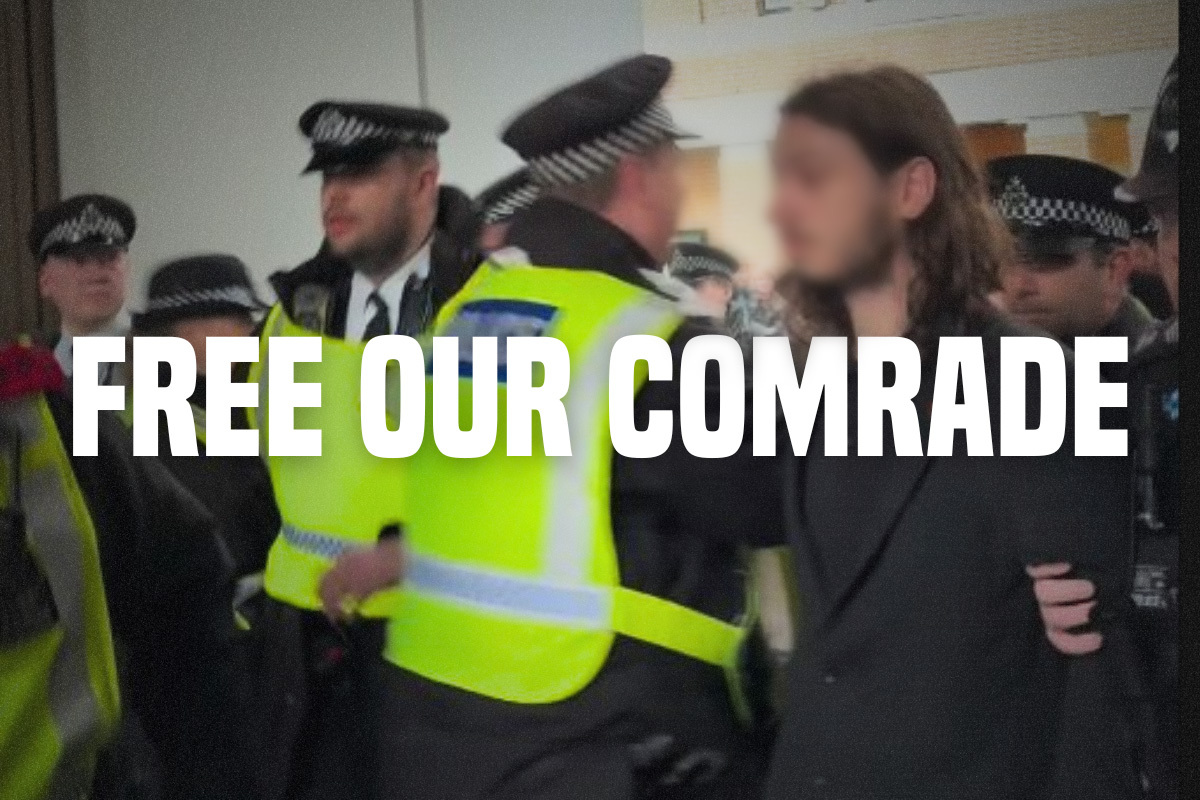As the government proves intractable
over demands to revoke London Met’s ban on teaching overseas students,
it is becoming increasingly clear that only a militant campaign by the
student union and trade unions can force the government’s hand.
As the government proves intractable
over demands to revoke London Met’s ban on teaching overseas students,
it is becoming increasingly clear that only a militant campaign by the
student union and trade unions can force the government’s hand.
At a protest outside London Met on Friday 14th September,
students demanded an end to the victimisation of blameless foreign
students. There is a huge amount of anger from thousands of students who
now face deportation and years of hard work and financial investment
being flippantly thrown away by the government.
What is more, this issue not only affects hundreds of thousands of
overseas students around the UK, who represent an £8bn industry, but the
tens of thousands of non-overseas students at London Met. How will the
university, already ravaged by cuts and facing the threat of
privatisation, survive the removal of this huge source of funding?
Already the revered Women’s Library it runs faces closure. Not only is
the future of tens of thousands of London Met students at stake, but the
entire credibility of higher education in Britain.
John-Paul Okeke, a 2nd year overseas PhD student at London
Met, gave a fiery speech to the crowd, condemning the Tory government
in harsh terms. When I asked him about the reasons behind this move, he
immediately linked it to cuts and the undermining of public education
over a long period of time.
He said: “How did the concept of commercialised education that we
overseas students represent come about? It was because of the public
sector cuts since the Thatcher government in the 80s. Most British
universities have liason offices all over the world, to advertise their
‘brand.’ They need the money.”
This is where large scale privatisation and cuts have led Britain.
Its universities have to compete to lure in as many overseas students as
possible, most likely at the cost of proper administrative checks to
meet the governments ridiculous immigration requirements. Then when the
flow of students stops, because of government attacks such as this, an
economic crisis limiting the spending power of foreign students, or
Britain’s lack of competitiveness in the marketplace for students, the
whole of higher education is undermined. Higher education under
capitalism is far from guaranteed and Britain is now experiencing a
general crisis in education thanks to capitalism.
It is time that students fought back. We showed what we could do in
2010/11. That will be as nothing in comparison with what is coming.
Rather than simply occupations, we need the whole student union/NUS
structure to mobilise its full force to organise mass occupations and
student strikes in defence of higher education.
A good starting point would be London Met. This attack has laid the
basis for a militant campaign with the whole student body once term
starts. The student union must make preparations for this now, and
organise a campaign of mass student meetings in support of a student
strike. A successful blockade of the university could be the spark to
start a fire across the whole of the education system in Britain, as we
saw in 2010.
John-Paul Okeke expressed his support for a student strike, saying “a
strike is the best way forward. It is possible to achieve that.”






